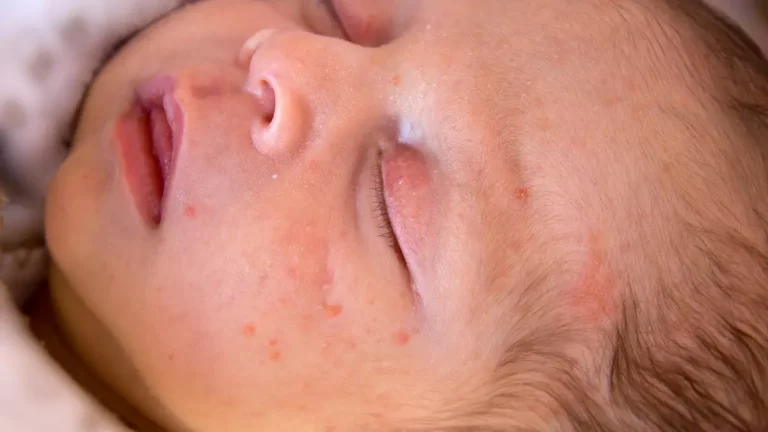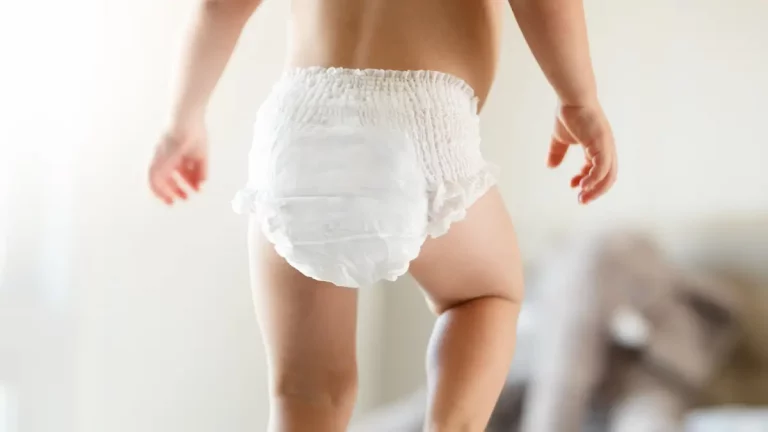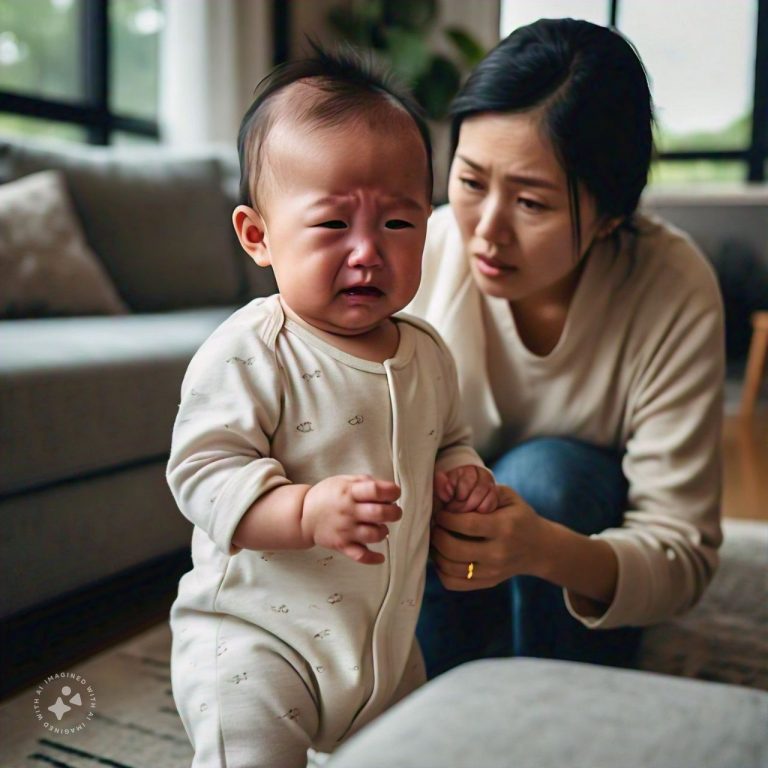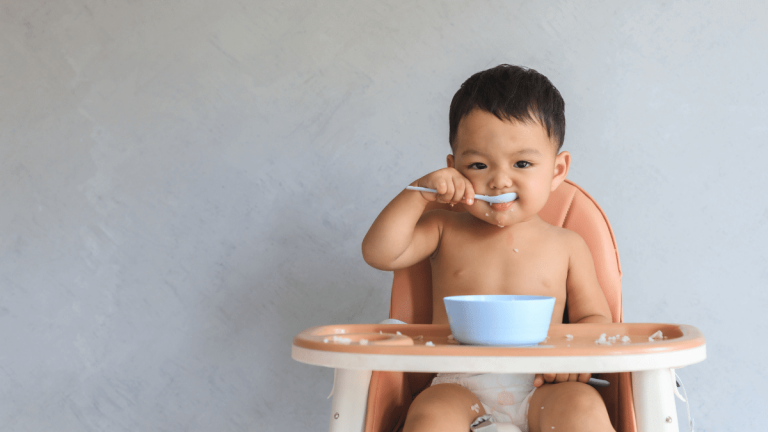Diarrhea in Babies: A Comprehensive Guide for Parents
Hello, dear parents! I am going to talk about a common but sometimes worrisome issue that most babies experience at some point: diarrhea.
It’s never fun to see your little one uncomfortable, but understanding the causes, symptoms, and treatments can help you feel more prepared to handle this situation.
In this blog post, let’s have a detailed look at diarrhea in babies, including prevention methods and when to consult a doctor.
What is Acute Diarrhoea Disease?
Acute diarrhea is the passage of three or more loose or liquid stools daily. Acute diarrhea lasts several hours or days, while persistent diarrhea lasts 14 days or longer. Diarrhoeal disease is the second leading cause of death in children under five years old if left untreated. But it is both preventable and treatable.
What Causes Diarrhoea in Infants and Toddlers?
Several factors can contribute to diarrhea in babies, including:
- Infections: Viral, bacterial, or parasitic infections are common causes of diarrhea. Rotavirus, norovirus, E coli, and salmonella are some of the most common culprits. These infections usually resolve on their own but can sometimes require medical intervention.
- Food allergies or intolerances: Some babies may experience diarrhea as a result of an allergic reaction or intolerance to certain foods. Common allergens include cow’s milk, soy, wheat, and eggs.
- Introducing new foods too quickly: As you introduce your baby to solid foods, their digestive system may need time to adjust. Introducing new foods too quickly or in large quantities can lead to diarrhea.
- Antibiotic use: Antibiotics can disrupt the balance of good and bad bacteria in your baby’s gut, leading to diarrhea. If your baby is on antibiotics, talk to your doctor about ways to mitigate this side effect.
- Contaminated food and water: Food prepared in unhygienic conditions and contaminated drinking water also lead to diarrhea
- Malnutrition: Children who die from diarrhea often suffer from underlying malnutrition, which makes them more vulnerable to diarrhea. Each diarrhoeal episode, in turn, makes their malnutrition even worse.
How to Assess and Prevent Dehydration
Dehydration is a primary concern when your baby has diarrhea. Look for signs like dry mouth, sunken eyes, fewer wet diapers, lethargy, and unable to drink or drink poorly.
To prevent dehydration, offer your baby frequent sips of water or an oral rehydration solution (ORS). Continue breastfeeding or giving formula as usual, but avoid giving fruit juices, and sugar as they can worsen diarrhea.
Diet in Diarrhoea
While your baby is experiencing diarrhea, it’s essential to maintain a balanced diet. Offer age-appropriate solid foods, focusing on easily digestible options like bananas, and rice. Ensure adequate fluid intake.
Also consider introducing probiotics like curd, as it may help restore the balance of good bacteria in your baby’s gut. Avoid high-fat, high-fiber, and spicy foods as they can exacerbate symptoms.
Role of ORS AND ZINC
Oral rehydration solutions (ORS) are essential in helping to replace lost fluids and electrolytes. They can be purchased over the counter or made at home using salt, sugar, and water. ORS is absorbed in the small intestine and replaces the water and electrolytes lost in the stools.
Offer your baby small, frequent sips of ORS to help them stay hydrated. Be sure to follow the instructions on the packaging or consult your doctor for appropriate ORS dosages.
Zinc supplements reduce the duration of a diarrhea episode by 25% and are associated with a 30% reduction in stool volume.
Vaccines to Prevent Diarrhoea
Vaccines can help protect your baby from some diarrhea-causing illnesses. The rotavirus vaccine, for example, has significantly reduced the number of severe rotavirus cases in infants and young children.
In addition to rotavirus, vaccines for other diarrhea-causing pathogens, like cholera and typhoid, are also available. Talk to your pediatrician about which vaccines are right for your baby and follow the recommended vaccination schedule to ensure optimal protection.
When to Consult a Doctor
While most cases of diarrhea are mild and self-limiting, it’s essential to know when to seek medical help. Consult your doctor if your baby:
- Shows signs of dehydration: If you notice any symptoms of dehydration, like dry mouth, sunken eyes, fewer wet diapers, or lethargy, it’s crucial to contact your doctor immediately.
- Has a high fever: A fever higher than 100.4°F (38°C) for infants under 3 months or 102.2°F (39°C) for older babies could indicate a more severe infection that requires medical attention.
- Has bloody or mucous-filled stools: This could be a sign of a bacterial infection or an allergic reaction, both of which warrant a visit to the doctor.
- Is lethargic or unusually irritable: Changes in behavior, such as increased sleepiness or irritability, can signal a more serious issue that needs medical evaluation.
- Has diarrhea that lasts longer than a week: Prolonged diarrhea can lead to dehydration and other complications, so it’s important to consult your doctor if it persists.
- Is under six months old: Younger babies are more susceptible to dehydration and complications from diarrhea, so it’s always best to consult a doctor if they’re experiencing symptoms.
Diarrhea in babies can be unsettling for parents. With a little knowledge and care, your little one will be back to their normal self in no time.
Remember to keep an eye on their hydration, maintain a gentle diet, and consult a doctor when necessary. Don’t hesitate to reach out to your pediatrician with any concerns or questions, as they are there to support you and your baby’s health.






